Browse
By Author
-
eBook available
 Published March 2014
Published March 2014 Managing the Unknown
Essays on Environmental Ignorance
Uekötter, F. & Lübken, U. (eds)
Subjects: Environmental Studies (General) History (General)
Hb
Paperback available -
 Published December 2005
Published December 2005 Population, Reproduction and Fertility in Melanesia
Ulijaszek, S.J. (ed)
Subjects: Medical Anthropology Gender Studies and Sexuality
Hb
Paperback available -
eBook available
 Published July 2024
Published July 2024 Istanbul at the Threshold of Nation State
Allied Occupation, National Resistance, and Political Conflict, 1918-1923
Ülker, E.
In 1920s and 30s Turkey, the rise of Christian exclusionary movements and policies were backed by nationalist labor and merchant federations. An Imperial Capital at the Threshold of Nation State traces these formations in political dissent and coalition to the faction split of Turkish national movement in the middle of 1922.
Subjects: History: 20th Century to Present History: World War I
Hb -
eBook available
 Published September 2012
Published September 2012 Narrating the Future in Siberia
Childhood, Adolescence and Autobiography among the Eveny
Ulturgasheva, O.
Subjects: Anthropology (General) Sociology
Hb -
 Published August 2022
Published August 2022 Risky Futures
Climate, Geopolitics and Local Realities in the Uncertain Circumpolar North
Ulturgasheva, O. & Bodenhorn, B. (eds)
Examining the intersections between environmental conditions and geopolitical tensions, this book brings together a unique combination of authors who are local practitioners and international researchers, and considers the situations of environmental calamity and socio-economic risks faced by small populations.
Subjects: Environmental Studies (General) Anthropology (General) Sociology Sustainable Development Goals
Paperback available -
eBook available
 Published August 2024
Published August 2024 The Global Pontificate of Pius XII
War and Genocide, Reconstruction and Change, 1939-1958
Unger-Alvi, S. & Valbousquet, N. (eds)
Following Vatican archives opening up access to materials on the pontificate of Pius XII (1939-1958), the contributors to this volume were amongst the first to access these long-awaited records. They have analyzed them here to present a nuanced and revitalized approach to religious, modern post-war historiography.
Subjects: Genocide History History: 20th Century to Present Anthropology of Religion
Hb -
 Forthcoming March 2026
Forthcoming March 2026 Rethinking the Historiography of the Soviet Bloc
The Totalitarianism Paradigm and Institutional Practices under Communism
Ungureanu, M. (Ed.)
Addressing polarized narratives of authoritarian control and societal resistance, this volume reconsiders the totalitarianism paradigm in the study of the Soviet Bloc. Historians, philosophers, and literary scholars explore both its enduring explanatory power and its conceptual limits, drawing on insights from social epistemology and the history of social sciences.
Subject: History: 20th Century to Present
-
 Published April 2003
Published April 2003 Water for People – Water for Life
United Nations
Subjects: Environmental Studies (General) Development Studies
Hb
Paperback available -
 Published August 1997
Published August 1997 Identity, Gender and Poverty
New Perspectives on Caste and Tribe in Rajasthan
Unnithan-Kumar, M.
Subjects: Gender Studies and Sexuality Development Studies Anthropology (General)
Hb -
 Published October 2004
Published October 2004 Reproductive Agency, Medicine and the State
Cultural Transformations in Childbearing
Unnithan-Kumar, M. (ed)
Subjects: Medical Anthropology Gender Studies and Sexuality
Hb
Paperback available -
 Published November 2014
Published November 2014 The Cultural Politics of Reproduction
Migration, Health and Family Making
Unnithan-Kumar, M. & Khanna, S. K. (eds)
Charting the experiences of migrant communities, the volume examines the relationship between movement, reproduction, and health. Informed by research in Europe, Britain, South and East Asia, Canada and Northern America, the chapters examine how healthcare experiences of migrants are embedded in their own worldviews and influenced by wider state systems.
Subjects: Medical Anthropology Refugee and Migration Studies Gender Studies and Sexuality
Hb -
 Published July 2011
Published July 2011 Fatness and the Maternal Body
Women's Experiences of Corporeality and the Shaping of Social Policy
Unnithan-Kumar, M. & Tremayne, S. (eds)
Subjects: Medical Anthropology Gender Studies and Sexuality
Hb -
 Forthcoming May 2026
Forthcoming May 2026 Urbanizing the Future
A New City Project in Agrarian South India
Upadhya, C.
Tracing the rise, abandonment and revival of Amaravati, the new capital of Andhra Pradesh, Urbanizing the Future delves into the ambitions plan to build a brand-new city in an agrarian landscape. Combining political economy and history with long-term ethnographic fieldwork, this book offers a compelling critique of planned urbanization as a contested and uneven process in contemporary India.
Subjects: Anthropology (General) Urban Studies Development Studies
-
eBook available
 Published February 2022
Published February 2022 Neoliberalizing Diversity in Liberal Arts College Life
Urciuoli, B.
Far from being synonymous with race or other forms of social difference, diversity is a construct frequently contrasting with the reality of students’ lives. Neoliberalizing Diversity in Liberal Arts College Life focuses on how neoliberal diversity operates at one liberal arts college, exploring the relationship between higher education and neoliberalism.
Subjects: Educational Studies Anthropology (General) Sociology
Hb -
eBook available
 Published May 2018
Published May 2018 The Experience of Neoliberal Education
Urciuoli, B. (ed)
The college experience is increasingly positioned to demonstrate its value as a worthwhile return on investment. Specific, definable activities, such as research experience, first-year experience, and experiential learning, are marketed as delivering precise skill sets in the form of an individual educational package.
Subjects: Educational Studies Anthropology (General)
Hb -
eBook available
 Published December 2018
Published December 2018 From Storeroom to Stage
Romanian Attire and the Politics of Folklore
Urdea, A.
Tracing in reverse the journey of a collection of Romanian folk objects from a museum in London back to the villages where they were made, From Storeroom to Stage explores the role that material culture plays in the production of value and meaning.
Subjects: Anthropology (General) Museum Studies Heritage Studies
Hb -
 Published May 2015
Published May 2015 Fellow Tribesmen
The Image of Native Americans, National Identity, and Nazi Ideology in Germany
Usbeck, F.
Throughout the 19th and 20th centuries, Germans exhibited a widespread cultural passion for tales and representations of Native Americans. Pervasive and adaptable, imagery of Native Americans was appropriated by Nazi propaganda and merged with exceptionalist notions of German tribalism, oxymoronically promoting the Nazis' racial ideology.
Subjects: History: 18th/19th Century History: 20th Century to Present Cultural Studies (General) Literary Studies
Hb -
 Published December 2007
Published December 2007 Cultures of Abortion in Weimar Germany
Usborne, C.
Subjects: History: 20th Century to Present Gender Studies and Sexuality Medical Anthropology
Hb
Paperback available -
 Published November 2003
Published November 2003 Remembering and Forgetting Nazism
Education, National Identity, and the Victim Myth in Postwar Austria
Utgaard, P.
Subjects: Educational Studies History: 20th Century to Present
Hb

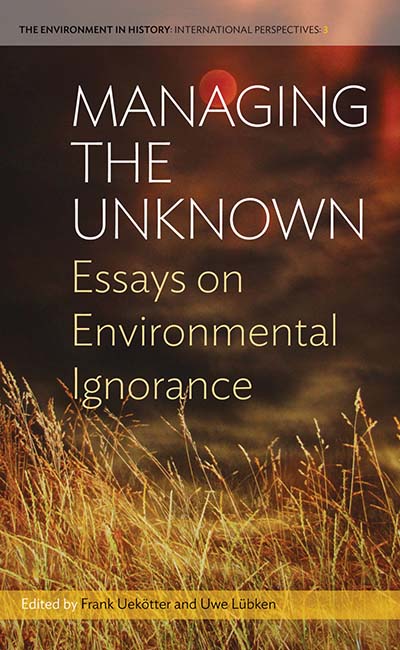 Published March 2014
Published March 2014 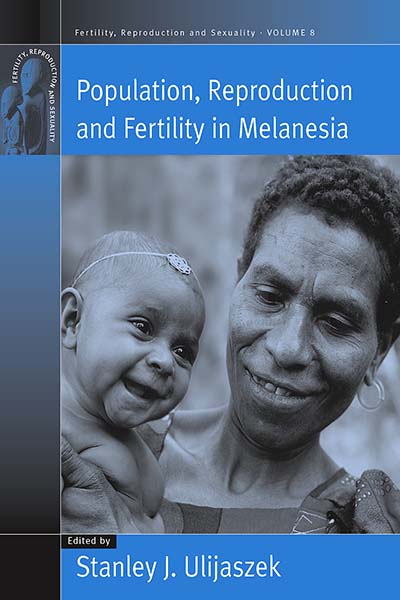 Published December 2005
Published December 2005 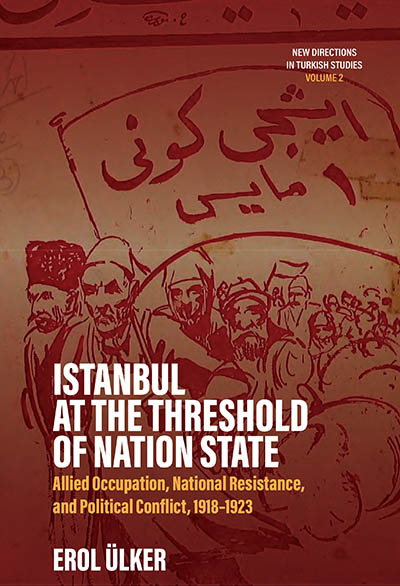 Published July 2024
Published July 2024 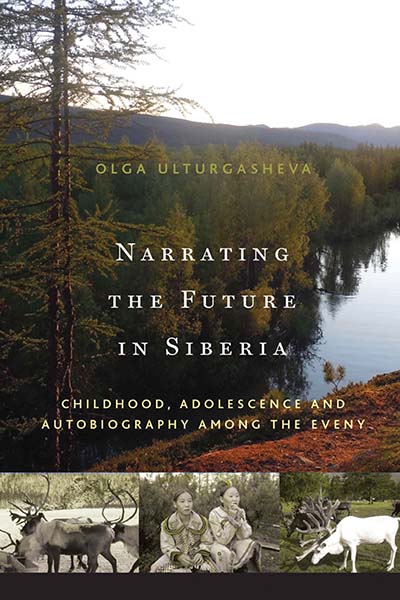 Published September 2012
Published September 2012 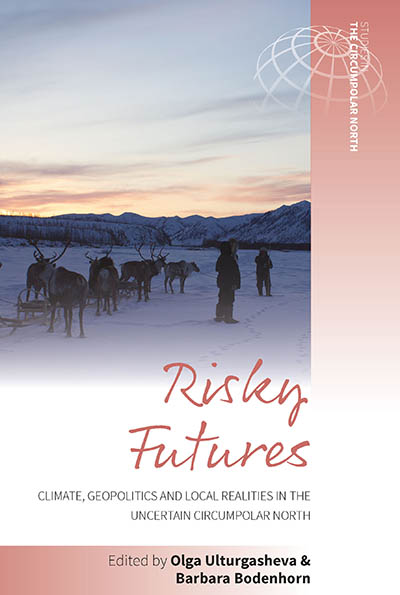 Published August 2022
Published August 2022  Published August 2024
Published August 2024  Forthcoming March 2026
Forthcoming March 2026 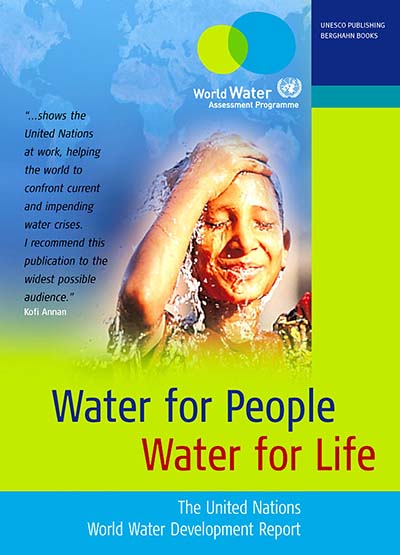 Published April 2003
Published April 2003 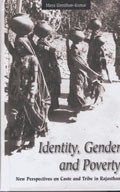 Published August 1997
Published August 1997 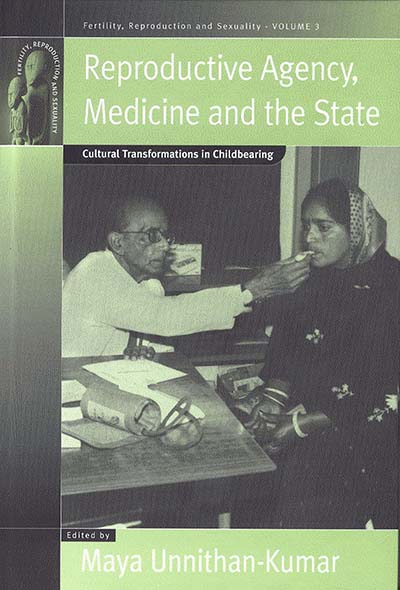 Published October 2004
Published October 2004 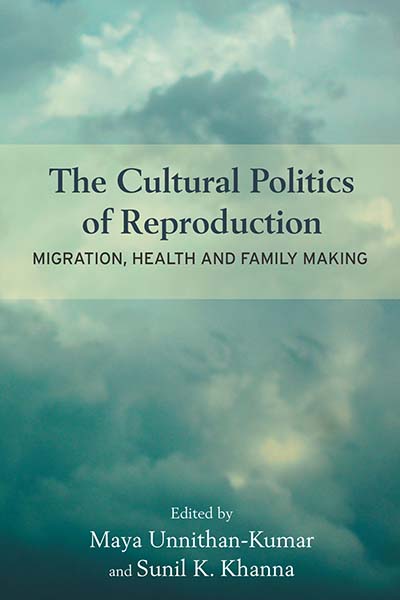 Published November 2014
Published November 2014 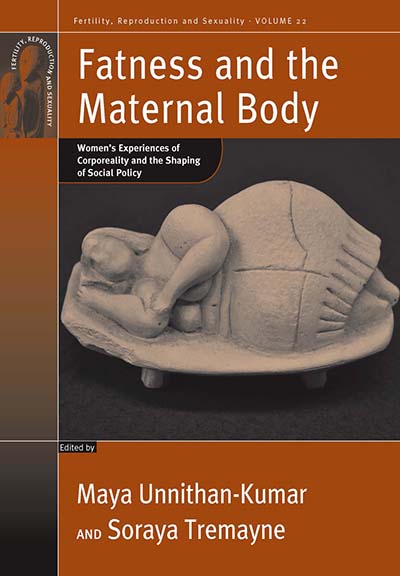 Published July 2011
Published July 2011  Forthcoming May 2026
Forthcoming May 2026 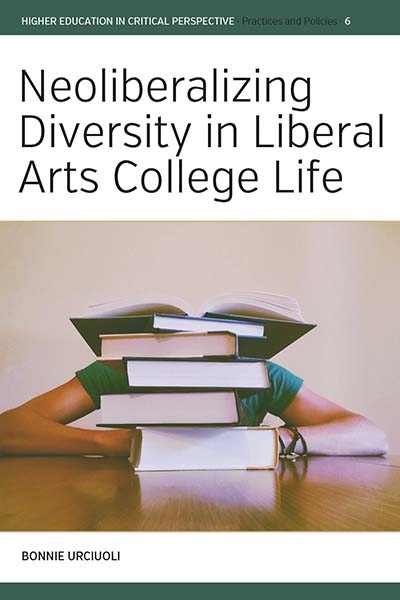 Published February 2022
Published February 2022 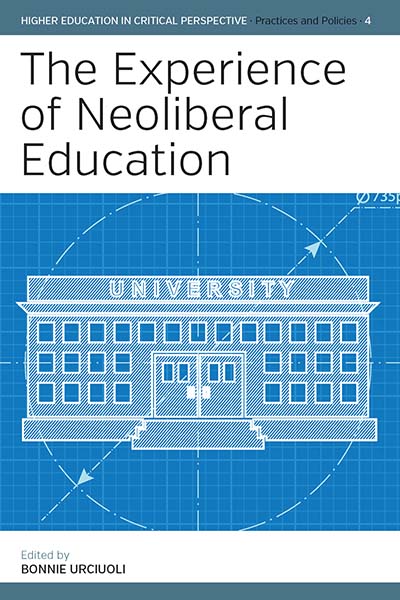 Published May 2018
Published May 2018 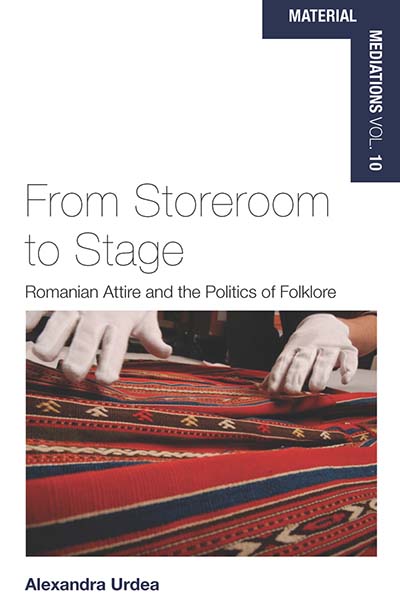 Published December 2018
Published December 2018  Published May 2015
Published May 2015 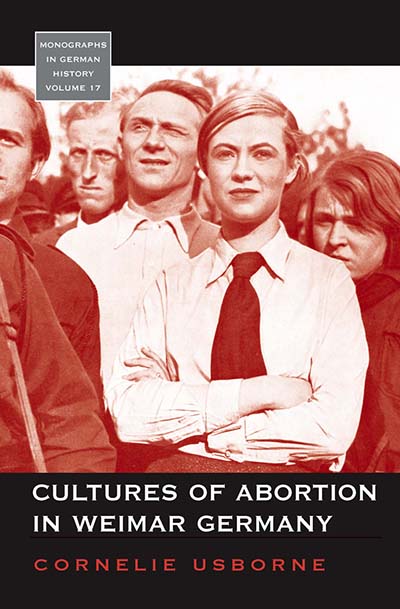 Published December 2007
Published December 2007  Published November 2003
Published November 2003